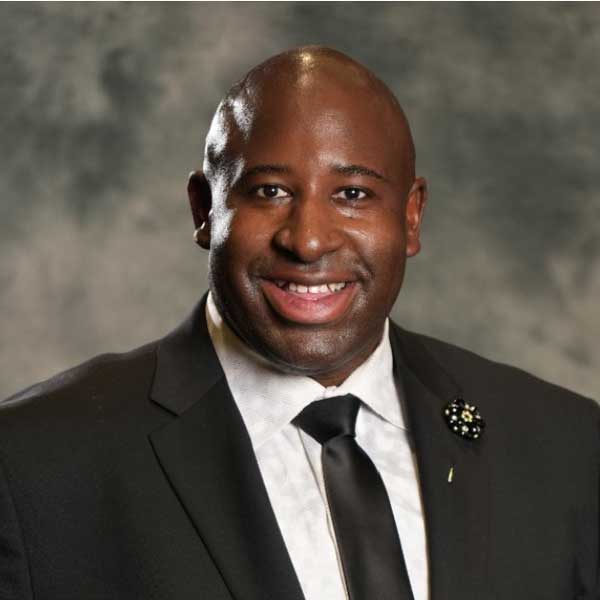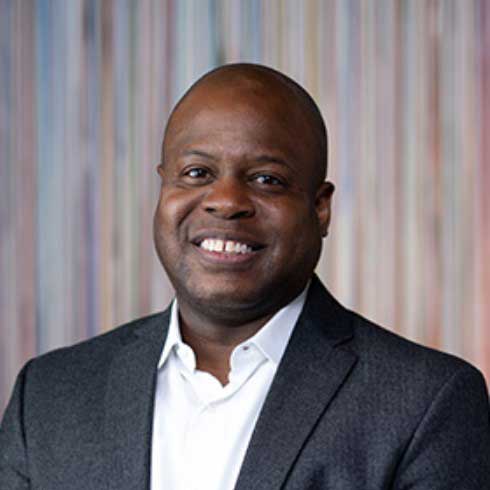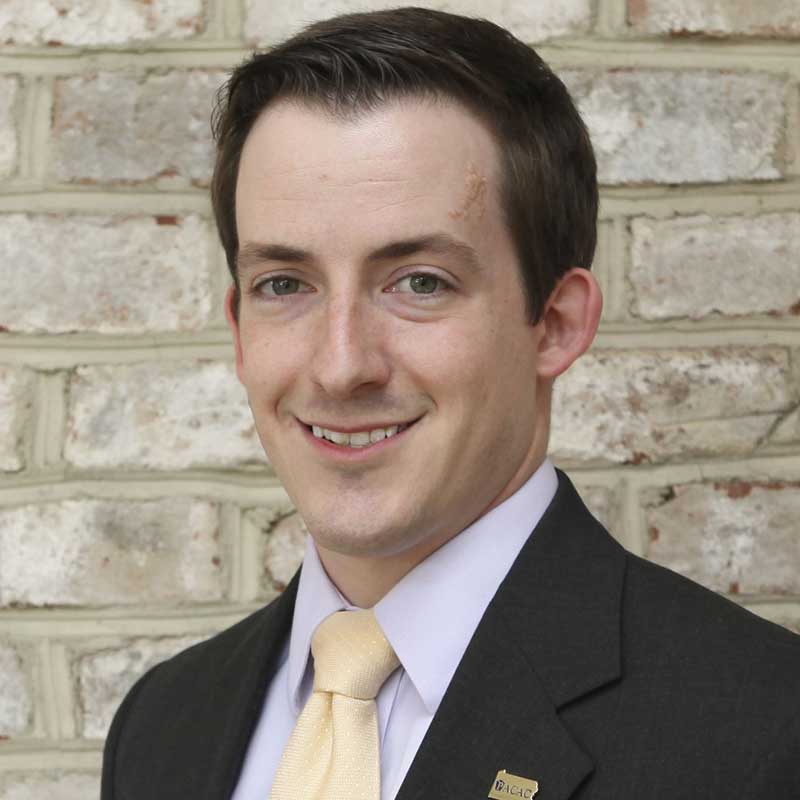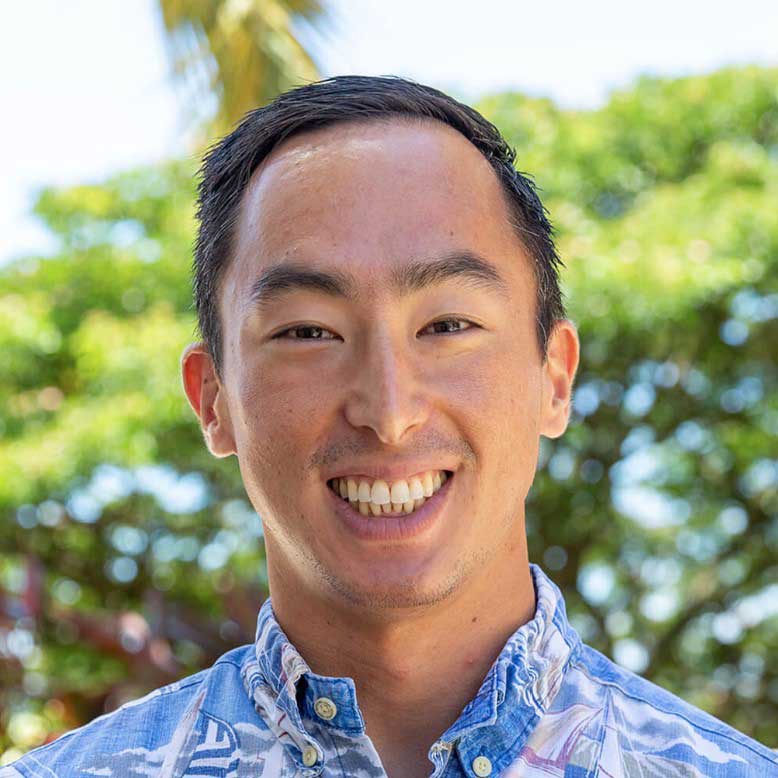Take advantage of this opportunity to exercise your voting privileges and participate in the selection of the chair-elect and two board directors.
Please review the 2024 Campaign Guidelines for details on nominee and member behaviors to avoid that could detract from the integrity of the election process. This includes the discussion or promotion by the nominee, or anyone acting on their behalf (intentionally or unintentionally), of the election or the nominee through public E-lists, blogs, websites and social media.
Additional information relating to the Annual Member Vote can be found in the FAQ.
Jump ahead to: Nominee Town Hall | Chair-Elect Candidate | Director Candidates
The Annual Member Vote 2024 is open through 5 p.m. ET on Friday, Sept. 6. Voting will be conducted electronically via ElectionBuddy. To participate in this year’s Annual Member Vote, you must have been a NACAC voting member by May 25. All eligible voting members should have received an email from invitations@mail.electionbuddy.com on July 24 that contains a personalized voting link.
If you won’t be using your employer’s email over the summer, or if you didn’t receive your personalized voting link on July 24, please contact governance@nacacnet.org to provide an alternate email address where your link can be sent.
All nominee materials are now available:
- Candidate Intro Videos
- 2024 Nominee Town Hall
- Written response to the question: NACAC’s vision states that the “transformative power of postsecondary education is accessible to all,” yet recently a multitude of things occurred beyond our control that have negatively impacted our members, the admission profession, and corroded the public opinion of our process. As Chair/Director, how would use NACAC’s vision to guide your approach in navigating the challenges and contribute positively to influence the work of our profession?
Watch the 2024 Nominee Town Hall
Director Candidates
The 2024 annual member vote is governed by the 2024 Campaign Guidelines for NACAC Board of Directors Nominees.




